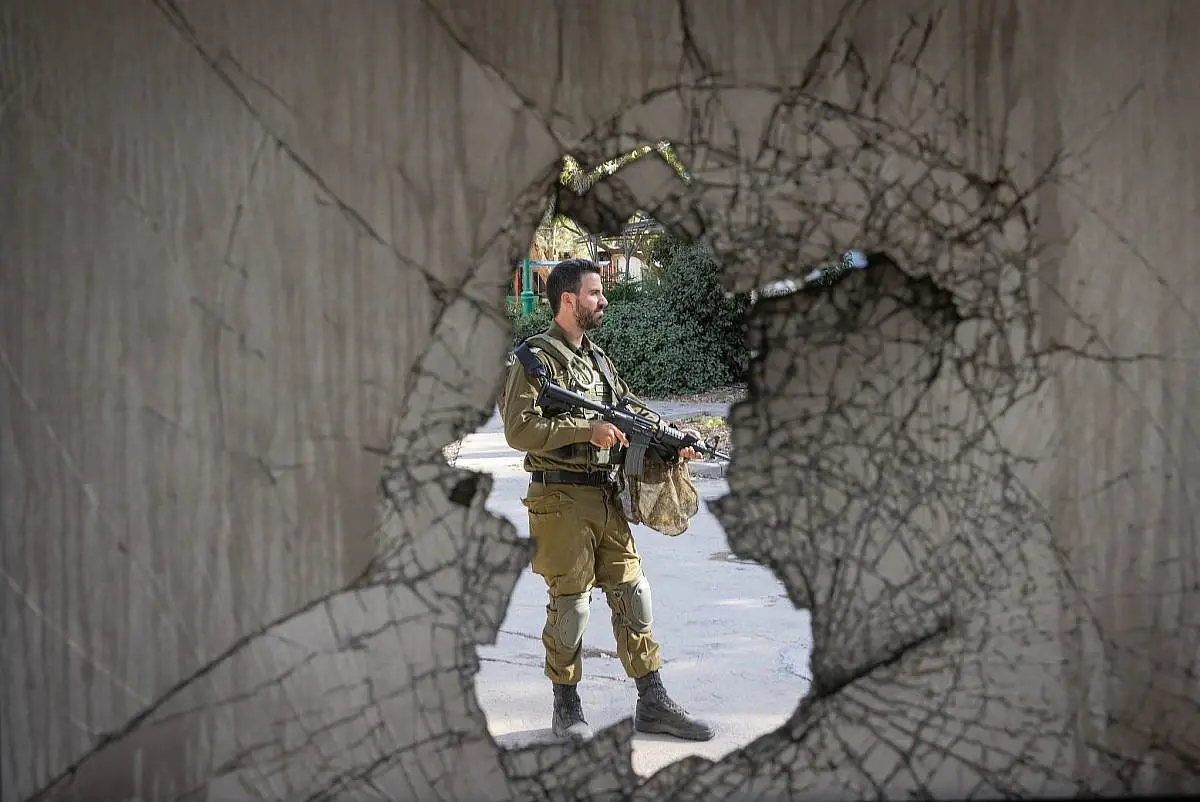- cross-posted to:
- worldpolitics@lemmy.ca
- cross-posted to:
- worldpolitics@lemmy.ca
Excerpt:
In the next Israeli elections, whenever they are held, we are likely to see a reorganizing of the political map, potentially creating three distinct blocs. It is too early to say how much traction each of these camps will have, but here is what they could look like.
The first is of course the far right, which has already been gaining traction since 2021, and which will try to capitalize on recent events. Led by the likes of Itamar Ben Gvir and Bezalel Smotrich, probably joined by some from Likud, this camp will say that no matter how this war will end, it just wasn’t enough. Israel, they’ll argue, needs a definitive solution based on large-scale ethnic cleansing, because, in their eyes, the entire land belongs to us and there is no room for the Palestinian people to stay here as a collective.
A second approach, probably led by Benny Gantz and Yair Lapid, will likely center on unilateral steps, such as a “second disengagement” from the West Bank, pulling down settlements east of the separation barrier, annexing the rest, and fortifying the walls encaging Palestinians in both the West Bank and Gaza with more concrete, more tech, and more soldiers than ever before. Part of this approach may also include the “mowing the lawn” strategy — essentially, periodically recurring military campaigns — to prevent Palestinians from developing significant armed capabilities.
The third camp is likely to be a reconfiguration of what used to be Labor, Meretz, and parts of Yesh Atid, in which a key role may be played by the newfound hero of the Zionist center-left: former Meretz MK and army general Yair Golan, who spent October 7 as a volunteer one-man commando unit, going in and out of fighting arenas with his gun and private car, rescuing survivors under fire. This camp will likely propose a return to the two-state separation paradigm, to be achieved through negotiations with the PLO. It may also try to advance some discourse of coexistence within Israel, promoting different forms of Arab-Jewish partnership in civilian life.


